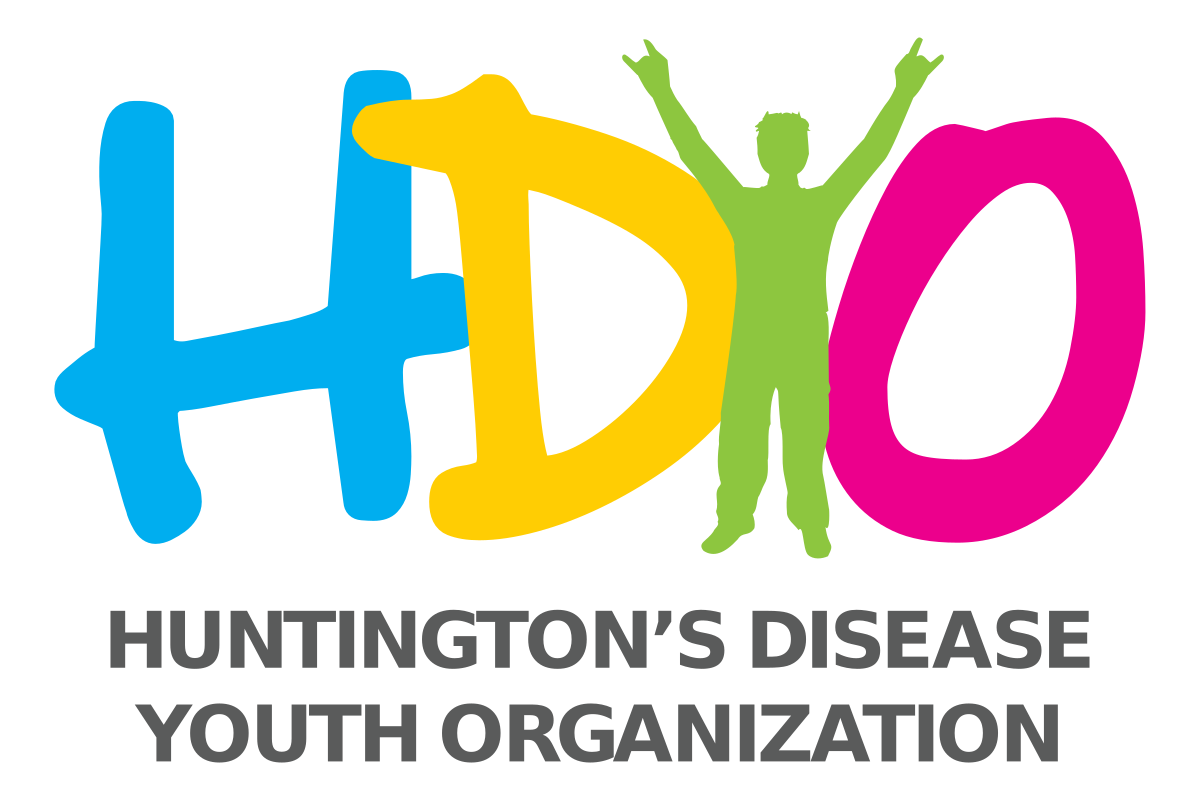Collaborative HD Care
October 25, 2025

HDYO has more information about HD available for young people, parents and professionals on our site:
www.hdyo.org
*Reviewed by Education and Research Committees 2025
The Need For Integrated Care
Huntington's Disease (HD) profoundly impacts movement, mood, and mind, affecting not just individuals but their entire families. Healthcare systems around the world vary dramatically, from centralized national programs to decentralized private models. The one universal need for the HD community remains constant – interprofessional collaboration for HD care. This integrated approach is essential because the disease's wide-ranging symptoms require the expertise of various specialists working together, to provide comprehensive and cohesive support.
Key Professionals & Allies: Essential Roles In HD Care
Within a care model for HD, various professionals and community allies may play vital roles in supporting individuals impacted by HD:
- Neurologist
- Psychiatrist
- Specialist HD Nurse
- Physical Therapist/Physiotherapist
- Psychologist/ Psychotherapist
- Occupational Therapist (OT)
- Speech-Language Pathologist/Therapist
- Social Worker
- Dietitian / Nutritionist
- Genetic Counselor/Geneticist
- General Practitioner/Family Doctor
- Local HD Associations and Support Staff (The Individual's Allies)
- Home Care Agencies
- Long-Term Care Facilities/Nursing Homes
Meg - HDYO Ambassador:
"With a complex disease like Huntington's, a team approach to patient care is crucial. While doctors guide the medical plan, nurses provide 24-hour support, and therapists, like speech, physical, and occupational therapists, ensure safety, mobility, and independence. Social workers also play a vital role in supporting both patients and their families. Every person with HD deserves this holistic and compassionate all-team approach. - Meg, HDYO Ambassador "
Benefits Of Collaborative Care
Collaborative care for HD offers profound advantages for both the professionals providing care and the families navigating the complexities of the disease. While challenges certainly exist within the current healthcare landscape, the collaborative model ultimately streamlines processes, enhances communication, and improves outcomes for everyone involved.
Why Collaborative Care Benefits Professionals
For healthcare professionals, a truly collaborative care model moves beyond the traditional siloed approach, fostering a more efficient and effective environment.
Enhanced Collaboration and Knowledge Sharing: When professionals from various disciplines communicate and share insights, they gain a more complete picture of the patient's needs. This leads to more informed decision-making and a coordinated care plan, rather than isolated interventions that may not align.
Reduced Redundancy and Improved Efficiency: In a fragmented system, patients often repeat information to multiple specialists, leading to duplicated efforts and wasted time. Collaborative care, with its shared information and coordinated appointments, can significantly reduce this burden on both patients and providers.
Professional Development and Learning: Working within a multidisciplinary team exposes professionals to different perspectives and expertise, fostering continuous learning and professional growth. This collaborative environment can lead to innovative approaches and a deeper understanding of HD's multifaceted impact.
Greater Job Satisfaction: When professionals feel part of a cohesive team working towards a common goal, it can lead to increased job satisfaction and a sense of accomplishment. Knowing that their efforts are part of a larger, coordinated plan to improve patients' lives can be highly rewarding.
Why Collaborative Care Benefits Patients & Their Families
For individuals with HD and their families, collaborative care offers a lifeline, alleviating significant burdens, and improving their overall quality of life.
Alleviates Caregiver Burden: A collaborative care team consisting of specialists already familiar with the family affected by HD, can reduce emotional and mental strain on families. For example, they may not have to repeatedly explain the complexities of the disease, symptoms, or medication to each new professional, freeing up their time and energy, if everyone is working together behind the scenes.
Ensures Consistent and Knowledgeable Care: With a team of experts who communicate with each other, patients and their families receive coordinated and consistent information. This can help prevent misunderstandings or conflicting advice, ensuring a unified approach to managing the disease.
Emphasizing Mental Wellbeing: The presence of social workers, genetic counselors and local HD associations within the collaborative model ensures that families receive crucial emotional support. It allows better access to community resources and assistance with practical matters like financial planning and care coordination.
Michelle - HDYO Ambassador:
"Having all of my Dad's doctors at the HD Center of Excellence working together and within the same medical system makes everything so much easier for me. They can coordinate and discuss care amongst themselves, and they have access to each other's notes, which really streamlines the experience for us. - Michelle, HDYO Ambassador ”
Strategies For Effective Professional Collaboration
Effective collaboration among professionals is the key to successful HD care. However, it requires flexible strategies that can be adapted to different international, regional, and national healthcare systems. Collaboration is the result of deliberate efforts to promote communication and a patient-centered approach.
Develop Flexible Communication Models: Use virtual networks and telehealth to connect specialists across vast distances. Regular video meetings and shared digital records can bridge geographical gaps and ensure consistent care.
Establish Clear Roles and Shared Goals: Clearly define each professional's role and responsibilities. This prevents duplicated efforts and ensures everyone is working toward a common, patient-centered goal, respecting the expertise of all team members.
Utilize A Dedicated Care Coordinator: Assign a single main point of contact, such as a social worker or nurse, to help families navigate their specific local resources and healthcare systems, which vary significantly by region.
Create Patient-Centric Information Systems: When advanced Electronic Health Records aren't available, it is helpful to use shared patient summaries, secure messaging, or even a simple binder to ensure all relevant information is accessible and updated by the care team and family. When needed, obtain signed release of information documents from patients/clients so health care information can be shared.
Leverage Local HD Associations and Community Support: Partner with local HD organizations. They provide crucial, region-specific resources and a community perspective that enriches the care plan and strengthens the local support network.
Erika - HDYO Ambassador:
“It’s truly important for professionals to connect/collaborate to provide a streamlined, holistic approach to HD care. If everyone is on the same page, care is much less of a burden for caregivers, patients and family. It’s more of a mental load if we need to ensure communication between other professionals, which often can get misinterpreted. - Erika, HDYO Ambassador ”
Claudia - HDYO Ambassador:
“I believe collaboration between professionals is essential with HD because it can affect people in so many different ways. When everyone is on the same page, care becomes truly holistic, covering medical, emotional, and practical needs, and nothing gets overlooked. For families, it’s incredibly reassuring to know the neurologist, speech therapist, social worker, and general practitioner are all talking to each other and fully aware of what’s happening. It makes us feel supported and less alone in the journey. - Claudia, HDYO Ambassador ”
Conclusion
Collaborative care for Huntington's Disease represents a crucial shift toward a more humane and effective support model. A multi-disciplinary approach does not mean that all services must be under one roof, nor that patients need to see every type of provider at every appointment. Instead, it emphasizes collaboration and communication between professionals — even when they work in different organizations, agencies, or health care systems. By working together, this team can provide a coordinated and unified response to HD’s challenges, reducing the burden on families, and creating a more rewarding environment for professionals. The ultimate goal is to support the whole person, enhancing independence, while preserving dignity and quality of life at every stage.



